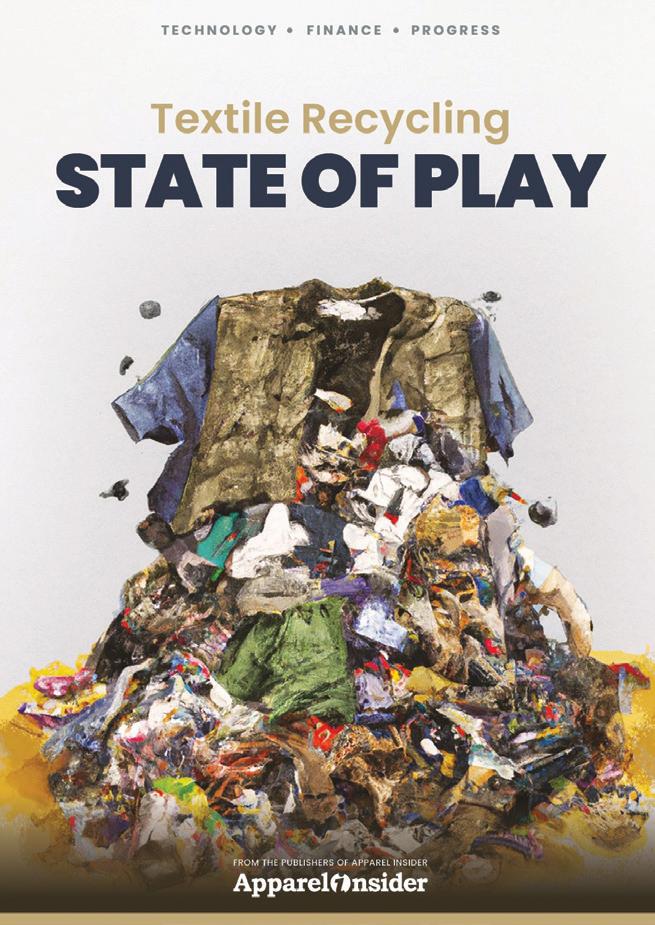
1 minute read
Reducing Fugitive Microplastic Pollution

Reports abound on the issue of textile materials and waste and the implications for the environment. Most companies serving the industry have research and development teams attached to tackling their part in the bigger environmental picture.
This is essentially what led Andrea Ferris and her team to invent CiCLO® technology, which enables polyester and nylon fibers to eventually biodegrade if they unintentionally end up polluting the environment. Inspired by a crisis of conscience as long-time workwear industry professionals, in 2012 the team set out to create a better polyester for their own clients, and then realized it was too beneficial to the environment to keep it from the textiles industry at large.
Over 60% of today’s textiles are made with synthetic fibers1: from clothing and carpets to pillows and towels, and more. These synthetic fibers – largely polyester and nylon – are plastics which, when fugitive in the environment, can remain indefinitely because they are not inherently biodegradable.
Considering that an average household generates approximately 44 pounds of dust a year, 13 of which consists of










